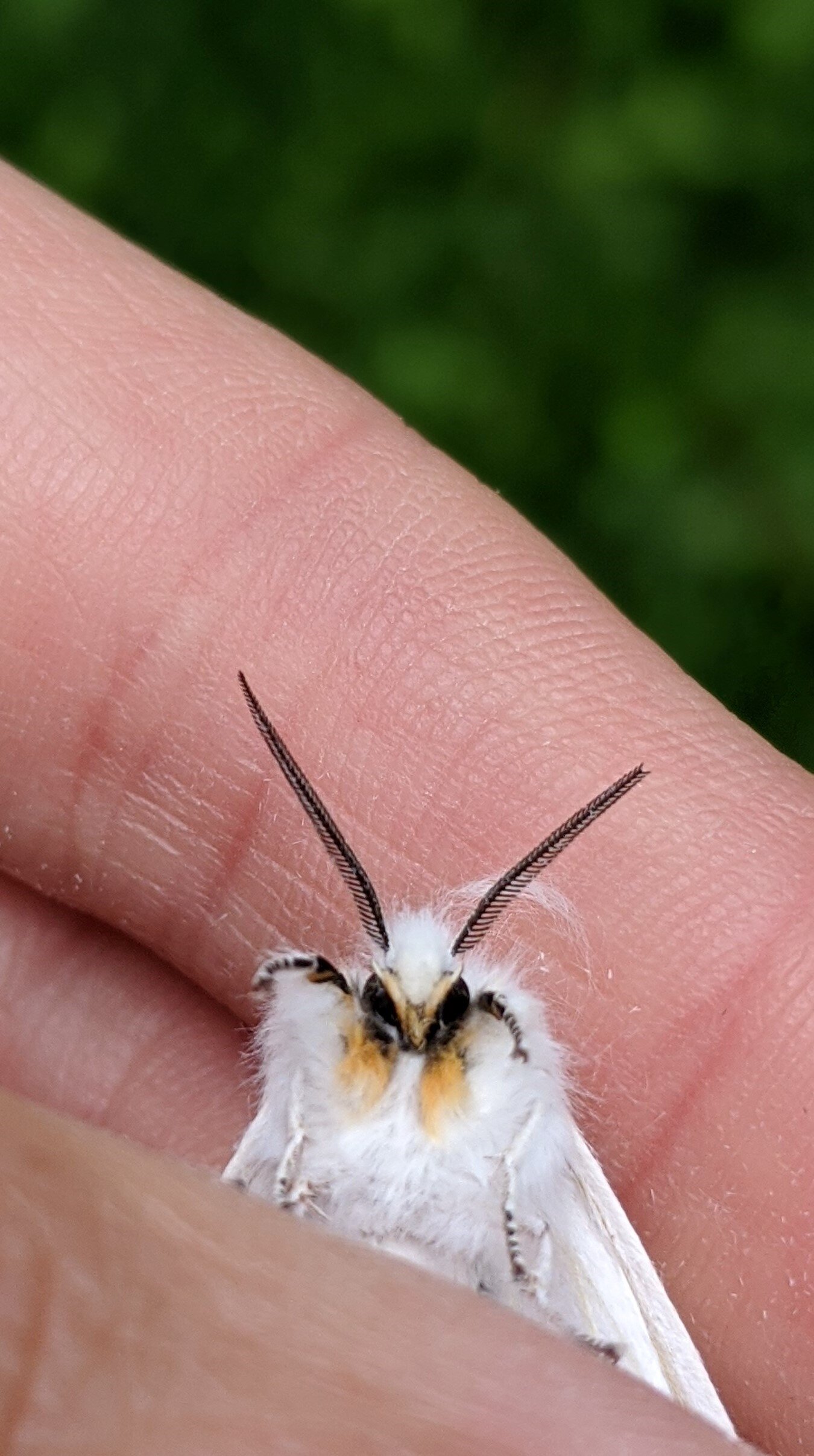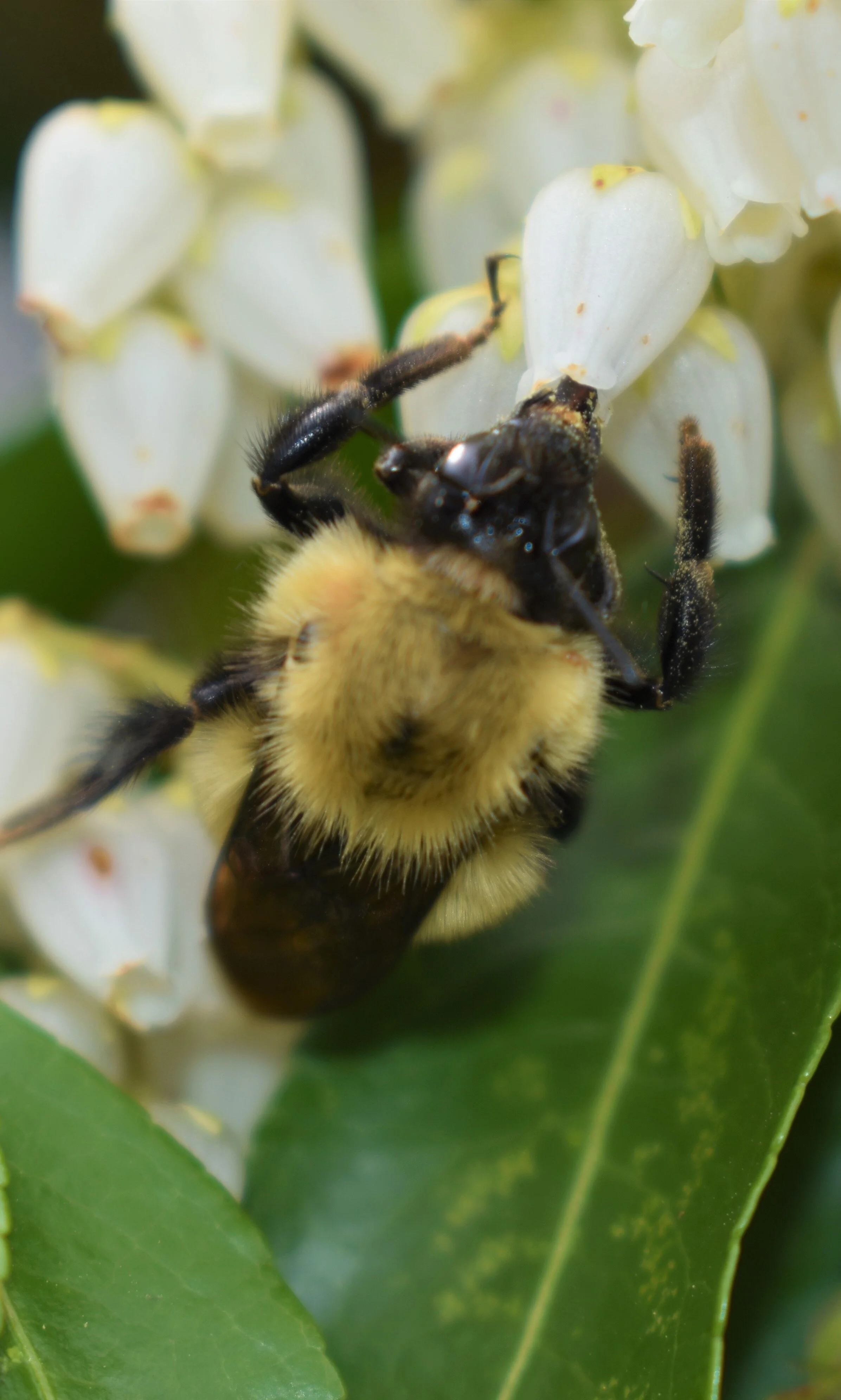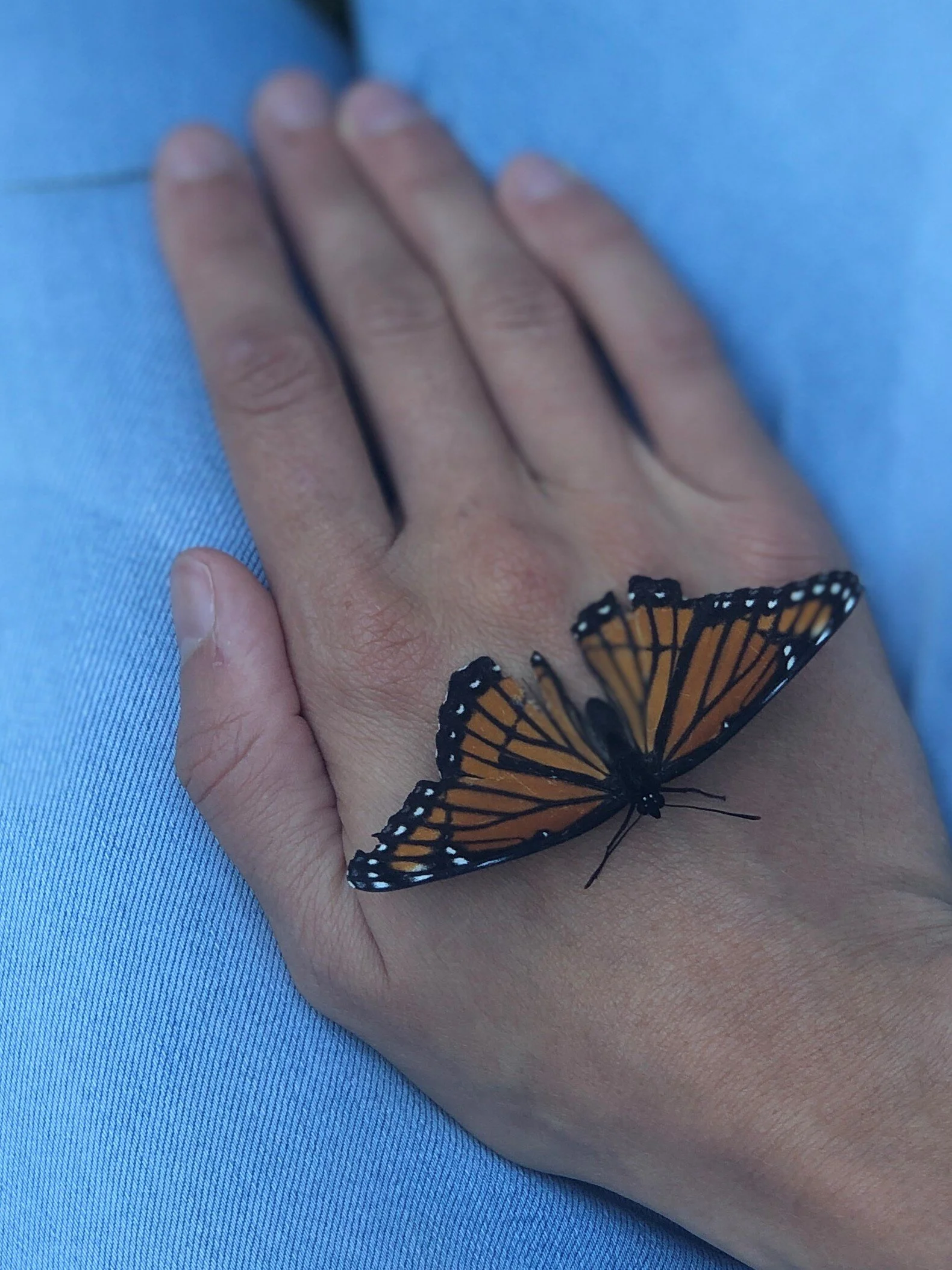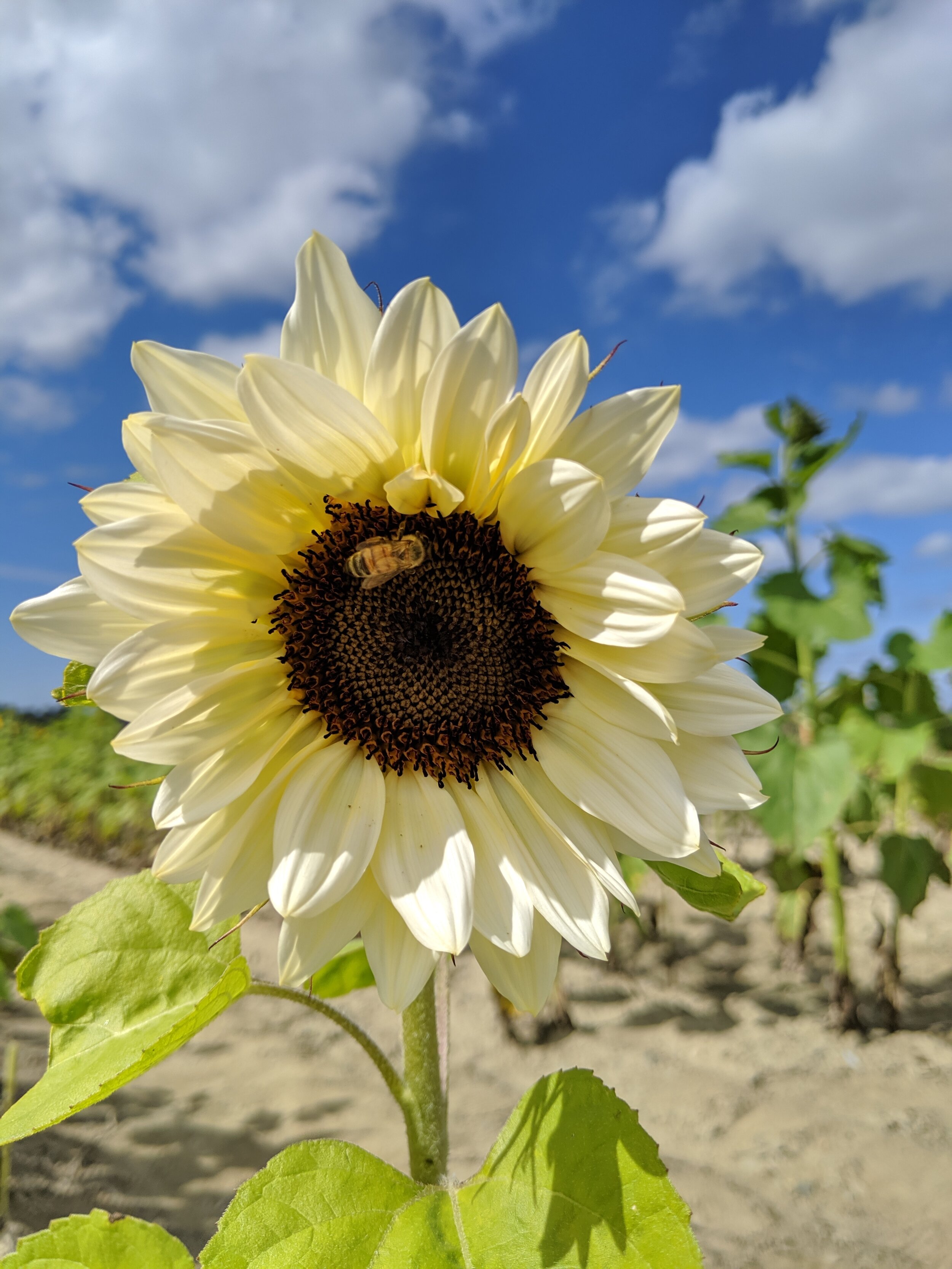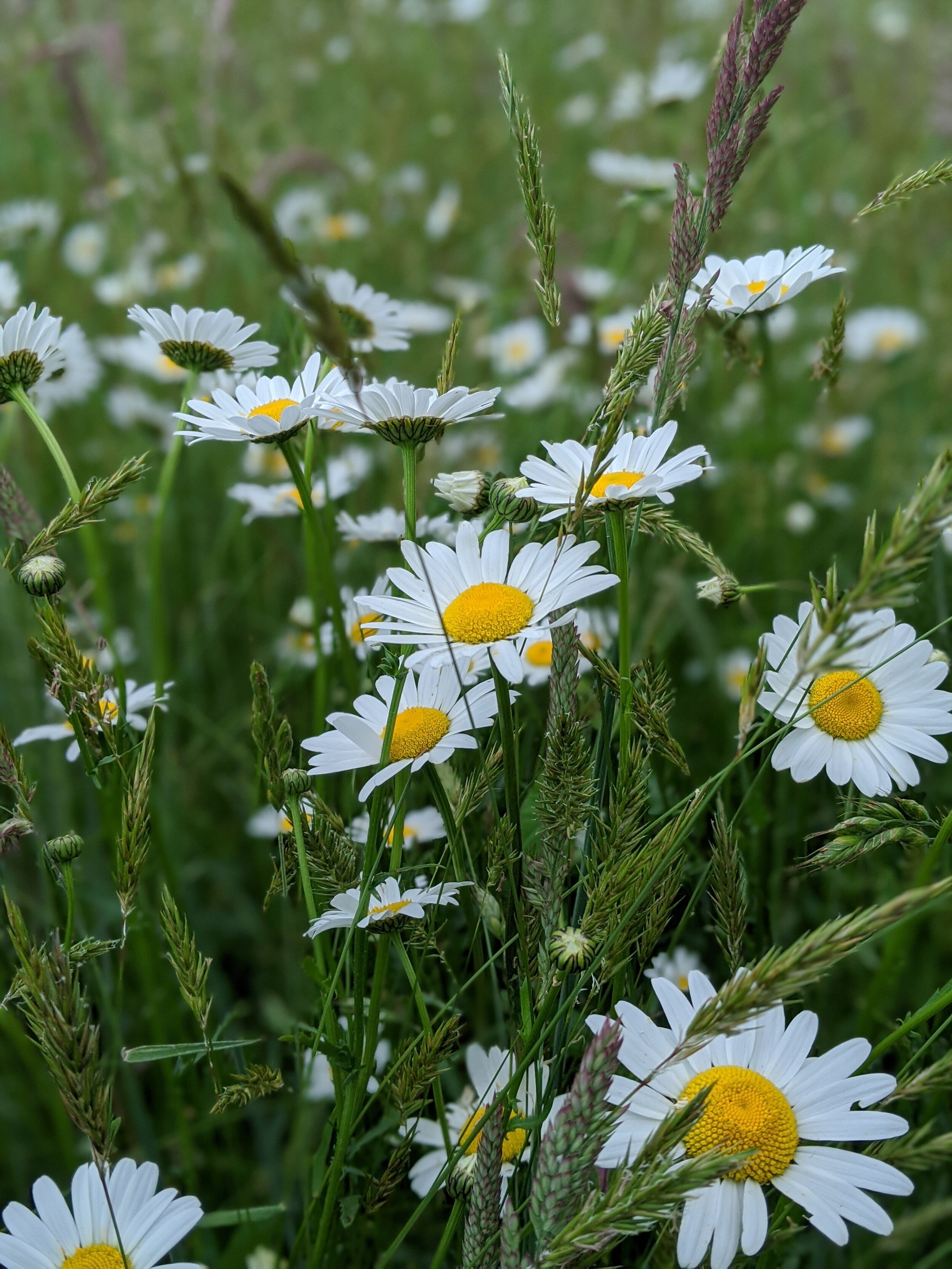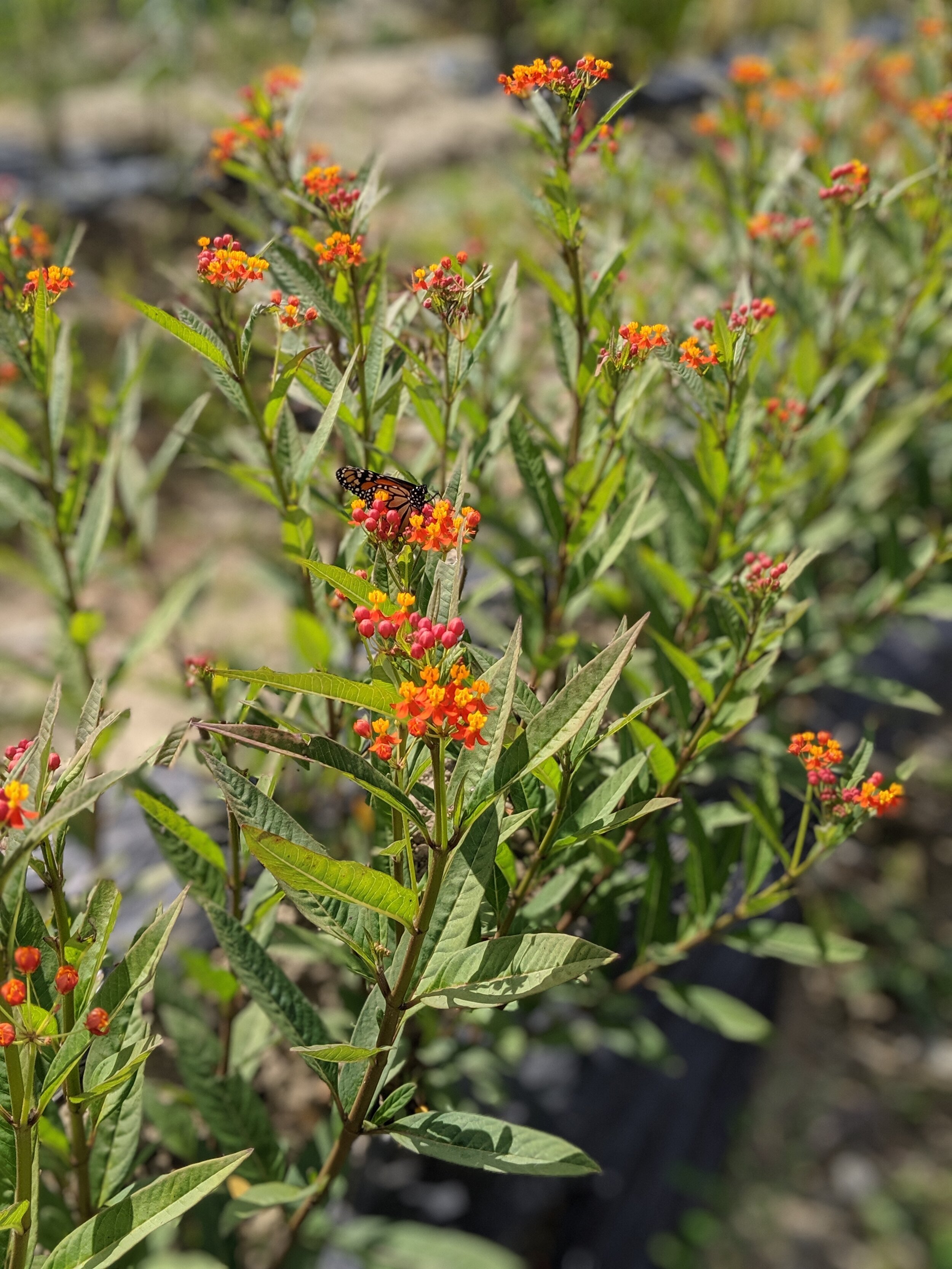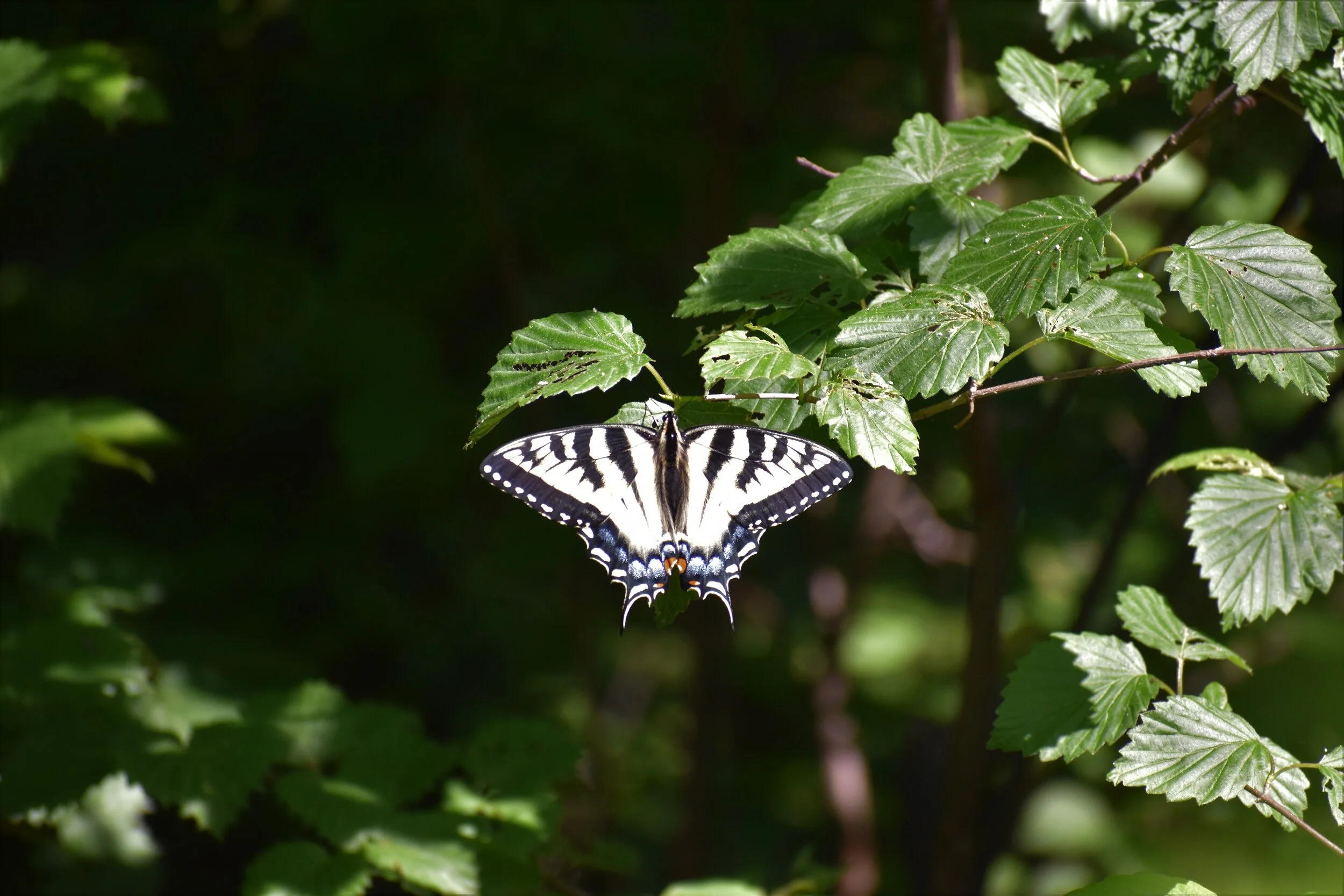What are pollinators and why are they important to our planet?
Most plants require the support of animal pollination to produce seeds, flowers, and fruit. The relationship between flowering plants and pollinators is critical to not just their livelihood, but ours as well. Did you know that pollinators are responsible for 1 out of every 3 bites of food you eat?
In honor of National Pollinator Week (June 22-28, 2020) I wanted to share some of the things I have learned about pollinator animals and the importance of supporting them and the ways you can help from your very own home, no matter how big or small.
When we think of pollination, many of us just think of bees as being pollinators, but there are so many other native pollinators. These pollinators work really hard to help support our environment:
Butterflies
Bees
Hummingbirds
Moths
Bats
Beetles
Flies
When a butterfly or a bee travels from flower to flower, they are seeking a meal or a drink of sweet nectar, however the outcome of this activity results in the transfer of pollen from various plants resulting in reproduction. The unintended outcome of a bee’s activity on a plant helps our planet in many ways. For example, pollinators play a huge role in maintaining the following:
Food security
Resilient ecosystems
Raw material production
Recreation
Soil Health
According to the U.S. Fish and Wildlife Service, pollination by honey bees, native bees, and other insects produces $40 billion worth of products in the United States annually. This demonstrates how much we depend on pollinators.
Unfortunately, pollinators are threatened everyday causing populations to decline and even become federally endangered. These are the occurrences that pollinator species are threatened by regularly:
Pesticide use
Habitat loss
Invasive species
Parasites and diseases
Climate change
If we do not support our pollinators, we are putting entire ecosystems at risk. The United States Department of Agriculture estimates that three-fourths of the world’s flowering plants and about 35 percent of the world’s food crops depend on animal pollinators to reproduce.
Are you ready to take the next step in supporting your local animal pollinators?
Together we can take small individual actions to help support our pollinators. Regardless of the space you are working with on the exterior of your home, you can help provide food and shelter for these very important critters!
If you have a backyard, consider designating a space for a “pollinator patch”. Maybe you start by squaring off a 4 x 4’ area and plant native species only. The Lady Bird Johnson Wildflower Center website offers great information and allows you to search for recommended native plant species in your state. You can also search for the perfect pollinator plants for your garden by narrowing your search by light requirements, color, soil types, bloom time, size, etc. On the subject of backyards, can we take this moment to discuss dandelions? Every year when they start to surface I find so much joy, but my fiance thinks of them as pesky weeds and immediately breaks out the mower and weed whacker. Dandelions should not be viewed as just another weed! Dandelions are important and provide an early spring meal for our pollinators.
Maybe you live in the city or an apartment community and don’t have a backyard to create a pollinator patch. Fear not, you can still support the pollinators that you love and that we need. Window boxes, pots, bushels, and any other small containers with good drainage can become a pollinator garden with the right native seeds and/or plants! If your apartment is located a few floors or more up, don’t worry, pollinators have wings and will definitely travel. I used an apple bushel basket and a package of bee-friendly seeds to create this beautiful, blooming pollinator garden.
Apple Bushel Pollinator Garden
Whatever you do, don’t stop there! Continue to learn about pollinators and spread the word about their importance to your friends, family, children, coworkers, and so on.
As much as pollinators depend on us to help them thrive, we depend on them.
Eastern Tiger Swallowtail Butterfly


